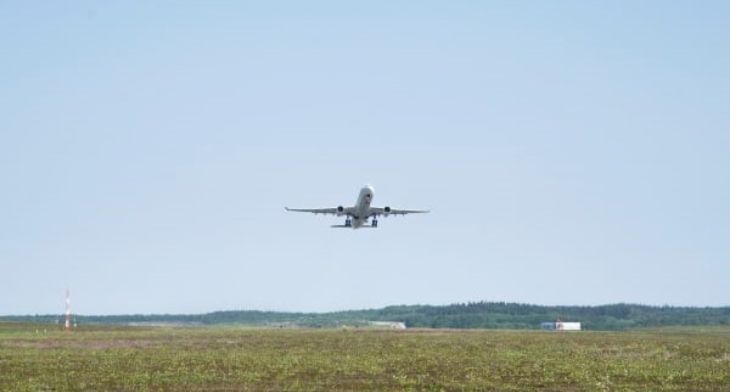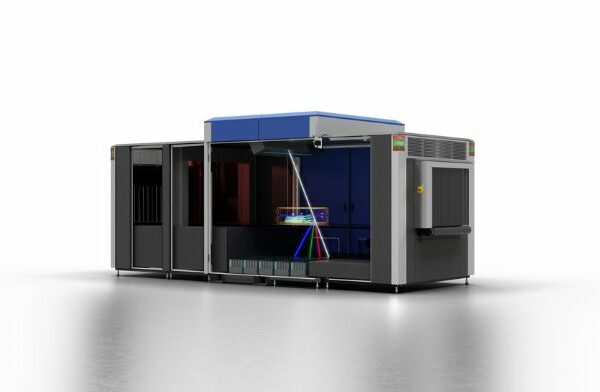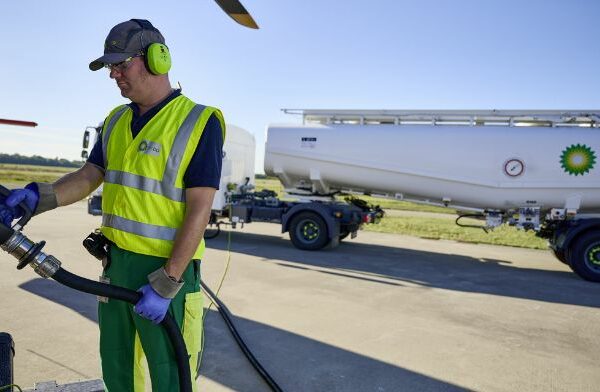


The Airport Carbon Accreditation has announced that 12 more European hubs have aligned their operations with global climate goals. The 12 airports, which include Basel-Mulhouse in France/ Switzerland, Lisbon, Porto, Madeira, Faro, Flores, Porto Santo, Horta, Maria and Ponta Delgada in Portugal and Stockholm Arlanda and Goteborg Landvetter in Sweden have joined a list of 14 early airports to have achieved Level 4/4+ of the programme.
The recently introduced Levels 4 and 4+ include alignment of an airport’s carbon management with the Paris Agreement, inclusion of additional emissions sources in an airport’s carbon footprint, notably covering all significant operational emissions from third parties including airlines, and enhanced stakeholder engagement geared towards effective partnerships to deliver emissions reductions.
Aligning carbon management strategies and plans with the ambition of the Paris Agreement, according to which global warming should be limited to below 2⁰C and ideally 1.5⁰C, means that airports must define their reduction targets and associated emissions pathways accordingly.
Having met all the necessary requirements to reduce its own carbon emissions as well as reducing emissions across the entire platform in cooperation with its partners, Basel-Mulhouse Airport has moved to Level 4 ‘Transformation’. The air transport hub reduced its own emissions by implementing a number of initiatives, such as the purchase of 100% green electricity, the replacement of the airport’s vehicle fleet with electric transportation and the gradual connection of the airport to an existing biomass powered district heating network.
In Sweden. Stockholm Arlanda which was among the 17 pioneering airports joining the Airport Carbon Accreditation in its first year back in 2009, achieved Level 4+ ‘Transition’, as did Goteborg Landvetter Airport. All Swedavia airports have been operating fossil-free as of 2020, becoming de-facto net-zero carbon emissions for all their operations. The Swedish airport operator has now mapped out the next steps in its commitment to climate change, by supporting other companies and organisations at its airports in their own transformations. One of the initiatives put forward by Swedavia’s airports was the introduction on 1 January, 2022 of an incentive for all stakeholders active at the Goteborg and Arlanda to start refuelling Hydrotreated Vegetable Oil (HVO), fossil-free diesel. The goal is for all ground operations at every Swedavia airport to be fossil-free by 2025.
Meanwhile, the nine airports in Portugal, all of which are operated by ANA/ VINCI Airports, have all now achieved Level 4 ‘Transformation’. They are now actively reducing their CO2 emissions, through schemes such as: 100% renewable electricity, fleet electrification and LED deployment, and forging effective partnerships to secure absolute emissions reductions across the airports’ sites. In June 2021, ANA/ VINCI Airports launched the Stakeholders Carbon Forum, to work with the main partners that operate at their premises to achieve an overall reduction of carbon footprint. The forum is the main platform of collaboration between the airports and their partners, including airlines, handlers, major energy consumers and entities linked to mobility, such as city councils and transport companies.
Commenting on the airports’ achievements Olivier Jankovec, Director General at ACI Europe said: “These achievements mean that airports are not only committed to addressing and eliminating emissions under their own control, but that they also embrace their role as catalysts for climate action across their entire sites. Airports are uniquely placed within the air transport eco-system, acting as the industry’s representation on the ground, connecting a global industry to the local communities they serve. This unique position makes it part of their DNA to serve as platforms for greener, smarter, more climate-friendly operations and solutions.”






